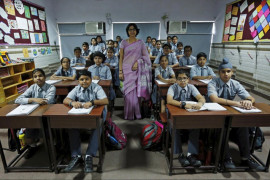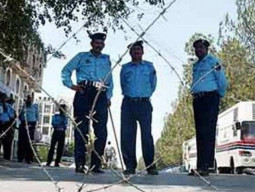
According to the Food and Agriculture Organisation (FAO) of the United Nations, massive damage to agricultural infrastructure has been caused by the floods, and seed for the next year’s crop has also been washed away.
Almost eighty per cent of the families living in the flood-affected areas depend on agriculture as a means of livelihood; and after the floods washed away even emergency food stocks, this segment faces an economic and food crisis of massive proportions.
Furthermore, the FAO believes that if September’s wheat planting window is missed due to water-logging, the impact could last for up to two years. Areas growing rice and maize will be able to harvest their first crop not before autumn of next year.
Additionally, large plantations of fruits and vegetables have also reportedly been destroyed by the flood. Without food assistance for that duration, a nation-wide food shortage threatens the country, with rising food inflation and catastrophic repercussions on food and dairy security. Not to mention the fact that the farming community could lose up to two years of income.
In addition, approximately 200,000 animals have reportedly perished during the flood, while the remaining livestock is in dire need of veterinary support. The flood-hit areas are now also facing a shortage of feed and fodder critical for the surviving livestock. There is a danger that tens of thousands of animals will die as a result of starvation and disease if emergency measures are not taken.
Over $5.7 million have been requested through the Pakistan Initial Floods Emergency Response Plan to kick-start the agricultural response and to provide livestock with feed, veterinary services, de-worming tablets and mineral blocks.
The FAO has already mobilised $1.6 million to address immediate needs in anticipation of the upcoming sowing season, which will see distribution of seeds and fertilisers among 25,000 households.
Published in The Express Tribune, August 17th, 2010.

































1714024018-0/ModiLara-(1)1714024018-0-270x192.webp)










COMMENTS (2)
Comments are moderated and generally will be posted if they are on-topic and not abusive.
For more information, please see our Comments FAQ